"I had high hopes, but they quickly faded under Grant. I was brought to Maccabi Tel Aviv by David Federman, with whom everything was closed. Grant is the type of coach who likes to bring the players himself. I immediately saw that he did not want to promote me, I realized that my place was not there. I did not play A lot and I only scored one goal in ten games. It was a mistake to leave Spiegel and come to Grant. I moved until the end of the season to Ashdod City, which was relegated to the national league."
The speaker is Alon Mizrahi who will celebrate his 51st birthday this week. He was born on 11/22/1971 in Yad Eliyahu, near the famous La Guardia street.
"Many soccer players for Bnei Yehuda came from this neighborhood - Hezi Shirazi, Yossi Medar, Yossi Alfieh, Guy Sharabi and others. I studied at Moshe Hess Elementary School on the Yad Eliyahu-Givataim border, middle school in Ramat Hasharon and 11th High School in Tel Aviv. I have Two daughters, Lin and San, and a son Toher who serves in the army. I have a sweet grandson, Raphael from my daughter Lin. I work as a soccer commentator on the Sports Channel, I have a soccer academy in Ramat Hasharon, for players from the age of 14 and graduates from all the soccer teams in Israel, who come to improve their skills in the occupation Goals from the box. There are also midfielders who are fun to teach them how to do things correctly and with love in order to bring the ball together with the net."
what a period
Alon Mizrahi in Maccabi Haifa (Photo: Maariv, Adi Avishi)
How did your football story begin?
"My father Amos was a youth player in Bnei Yehuda, and for medical reasons he did not continue and did not make the transition to the senior team. Father continued his dream through me, I started running and kicking the ball from the day I started walking, and the truth is that I liked the ball in my feet."
In the beginning it cost you dearly.
"At the age of 3 I broke my hip pelvis, I had to wear a cast on half my body for over three months, until I recovered."
The connection to the youth department of Bnei Yehuda was understandable.
"I started in the neighborhood only at the age of 10. The team included the person in charge, Yanush Pess, through the former footballer of Hapoel Ramat Gan Reuven Cohen and Yigal Adani. I began to discover sparks of football, I progressed and already in the 1st boys' team I was the top scorer. The transition to youth included stars like David Amsalem, Israel Cohen, the late Nitzan Shirazi, Sahar Mizrahi and Yossi Gordana.
I was the top scorer in a quality youth league, played in it by Eyal Berkovich, Shmuel Tergan and Viniv Cohen at Maccabi Haifa, Shavit Elimelech and Avi Nemani at Maccabi Tel Aviv and Ofer Mendel at Maccabi Petah Tikva.
We won the championship one season before the senior team did it in 1989/90.
I had about ten games in the championship season, and I have a part in it."
Mizrahi during a striker training (photo: courtesy of the photographer)
He didn't stay in the Hatikva neighborhood for too long and went out on loan to Hapoel Tel Aviv of manager-player Moshe Sinai.
"In the offensive part of Bnei Yehuda, Nir Menachem, Hezi Shirazi, Harardo Gonzalez, David Gordana played and Haim Rabivo joined from GNA Tel Aviv. Sinai left the neighborhood after the championship and returned to Bloomfield and he, who knew me, asked to bring me to Hapoel Tel Aviv. Giora Spiegel Agreed to give me playing minutes."
He came to a team that spent a year in the national league.
"My first goal in the top league was against Zafarir Holon and I had four goals that season. Hapoel finished the season in the lower house in first place, 7th place, one ahead of Bnei Yehuda."
The breakout began in the 1991/2 season.
Mizrahi returned to Bnei Yehuda and the ball began to hit the net often.
"The chairman of Hapoel Tel Aviv Yossi Sperling, the strong man Kobi Sidi and of course Sinai asked to buy my ticket from the neighborhood, but Gad Solmi and Spiegel refused. I returned to Bnei Yehuda in a different shape and with excellent ability, the aerial movement became familiar in every football field. This season we finished in first place Second after Avraham Grant's Maccabi Tel Aviv. Our squad consisted of Nikolai Kudritsky, Haim Rabivo and me. I won the top scorer title with 20 goals."
Where did you get the air traffic?
"In the 1986 World Cup, I saw the Brazilian Carca do the airplane movement, I decided that when I reach the seniors, this movement will be my symbol and that's what happened."
The biggest game - 1:3 of Bnei Yehuda over Beitar Jerusalem
Bnei Yehuda's greatest game of his time, according to him, was the 1:3 over Beitar Jerusalem in 1992/3. "This is Beitar's championship season. We hosted them in a double show, the Ramat Gan stadium was full. Kudritsky was amazing , he scored a hat-trick in our 1:3 victory. The second goal was one of the most beautiful scored, Rabivo gave me a ball from a distance, I made a big save, the ball went to Kudritsky who scored against Jacob Assig."
And you are the top scorer again, with 28 goals.
"We finished in third place in the table, I had 26 goals, only four goals less than Nisim Almaleh, the record of the 1950s."
Then came the move to Maccabi Haifa and the greatest season, perhaps, of a team in the history of Israeli football.
"Yaakov Shahar paid Bnei Yehuda the sum of 280,000 dollars. Rabivo moved to Hapoel Tel Aviv for 180,000 dollars and Hazi Shirazi also moved with him. Under Spiegel we had an amazing season of 39 rounds, 28 wins, 11 draws. The highlight was the huge victory On Maccabi Tel Aviv in Kiryat Eliezer, 0:5. We missed this perfect season after a few weeks when we lost to them in the round of 16 of the Cup 2:1.
Spiegel, he says, was "the best manager in Israeli football.
Giora was ahead of his time, brought Europe to Israel, a huge professional around football.
He was a huge player, but I saw him a little at the end of his career, like Spiegler."
A long way together.
Rabivo and Mizrachi (photo: Maariv, Adi Avishi)
But this is where the romance with Maccabi Haifa temporarily ends.
Maccabi Tel Aviv bought him for more than 200 thousand dollars, which was considered high in 1994.
A year after the unsuccessful episode, he returned to Maccabi Haifa, but Rabivo refused to give up the central striker position.
"He was in that position and was the top scorer. When I returned to Maccabi Haifa, Spiegel placed me on the left wing. The talks with them, which were in a good spirit, did not help, Rabibu continued as a central striker. Spiegel accepted my request to leave, Rabibu was also the top scorer in the 1995/96 season with 26 goals. I returned to Bnei Yehuda, where I had 16 goals this season."
In the 1996/97 season, he received the captain's ribbon in Bnei Yehuda, which finished in tenth place.
He was the second top scorer with 18 goals.
"We won the Toto Cup, in a 0:3 victory over Hapoel Haifa with a combination of Avi Tikva and a goal from me."
Then - again, Maccabi Haifa.
"I got the captain's armband, we had the huge trip in Europe with coach Dushan Ohrin. We won the cup after 0:2 in the final against Hapoel Jerusalem in overtime from exiles within two minutes of Balanchok and myself. I ended up top scorer."
"It was a mistake to leave Spiegel and come to Grant" (Photo: Maariv, Adi Avishi)
He received an offer from Nice of France in the minor league.
"I moved with great fanfare for about 1.5 million dollars, so a huge amount to the second division there. The team fought to stay in the league and we finished in 12th place. I scored five goals."
Then came a huge offer from West Ham.
"Nice was in a bad financial situation, Aston Villa started negotiating and so did West Ham.
The president of Nice was the Italian Primo Silvio who foiled the deal when he demanded 7 million dollars.
Peter Storey, the representative of West Ham, arrived in Monte Carlo. It seemed that my agent Oved Krauss would close the transfer to West Ham."
Il Berkovic played in the team at the time. "I had already packed my bags, I saw myself in London with Berkovic, but then Krauss called and said that the president Selby torpedoed the The transfer".
Selby left, and Mizrahi's next stop was Beitar Jerusalem, since Nice could not meet his salary. "My purchase amount was not high, I got a good contract for three years, $280,000 per season like Giovanni Russo." He continued under Gad Zaevi, Eli Gutman and chairman Haim Avidan.
Despite the expectations, beyond the loss in the cup final, the team did not reach any significant achievements, when in addition he quarreled with Gutman.
"I said a few things he didn't like, but it passed. Gutman later had a heart attack, left and Nissim Bakr arrived as coach. Later there was the story of the disbandment at Beitar, the big stars left, I moved to Eli Taviv's Hapoel Kfar Saba."
Mizrahi's Wandering Journey It later also included Ahi Nazareth, Hapoel Beer Sheva and Bnei Yehuda.The scoring machine stopped at 207, a record that still stands.
"He scored most of the goals mainly in China."
Zahavi (Photo: Danny Maron)
In the Israeli national team you have 37 appearances with 17 goals.
"True, but my goal average is the third among the scorers, after Shia Glazer and Shia Feigenboim, which is respectable."
An incident with Shelah resulted in a suspension from the team, and he also had an issue with an earring in his ear.
"In a training match in Ramat Gan, there was a loud argument between Shelah and me. Sharaf didn't like the way I reacted and kept me away from the team. There was also a story about an earring in my left ear that I was asked to take off, the coach didn't like my reaction, I was out of the team for about a year and a half."
And it is impossible without his opinion on Eran Zahavi, towards whom he voiced quite a bit of criticism in the media in recent years.
He actually has warm words, but you can still hear that she is at least partly reserved.
"Zahavi is one of our great players. He is not a striker 9, but a second striker. He scored most of his goals mainly in the Chinese league, a league that had a lot of money, but less quality. The Dutch league is also not Spain, Germany and England. The Dutch league is like the league Belgian, medium league and below. In our league? It's almost impossible to reach my 207 goals in Israel."
And a pants fan?
"One of the great and great strikers of Israeli football. A great league striker, who did not succeed in the national team."
Who is Israel's greatest player of all time?
"I didn't see Nachum Stelmach, I saw very little of Spiegler and Spiegel as a child who didn't understand. I'll talk about players I saw, played with or against - the greatest of all time is Eyal Berkovic, a soccer giant. After him Yossi Benyon, and Haim Rabivo, there are none in our soccer today , such models on the pitch."
The pride of the family.
Sun Mizrahi (Photo: Yehats)
Your daughter Sun is a well-known and successful model in the world.
"San is the most like me, the entire Mizrahi family is proud of her, supports and loves her."
And finally, he has an optimistic message for Bnei Yehuda fans.
"Under Barak Abramov, the team went through bad years, despite winning two cups. I'm sure that now under Moshe Demaio, the team will recover, the system will stabilize and the neighborhood will quickly return to the Premier League. That's where it belongs."
sport
Israeli soccer
Super League
Tags
Mizrahi oak

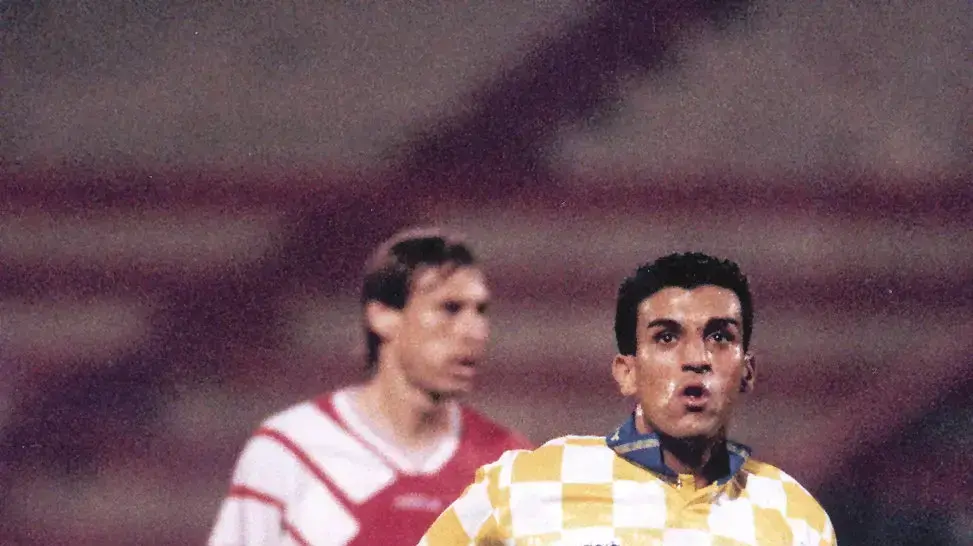
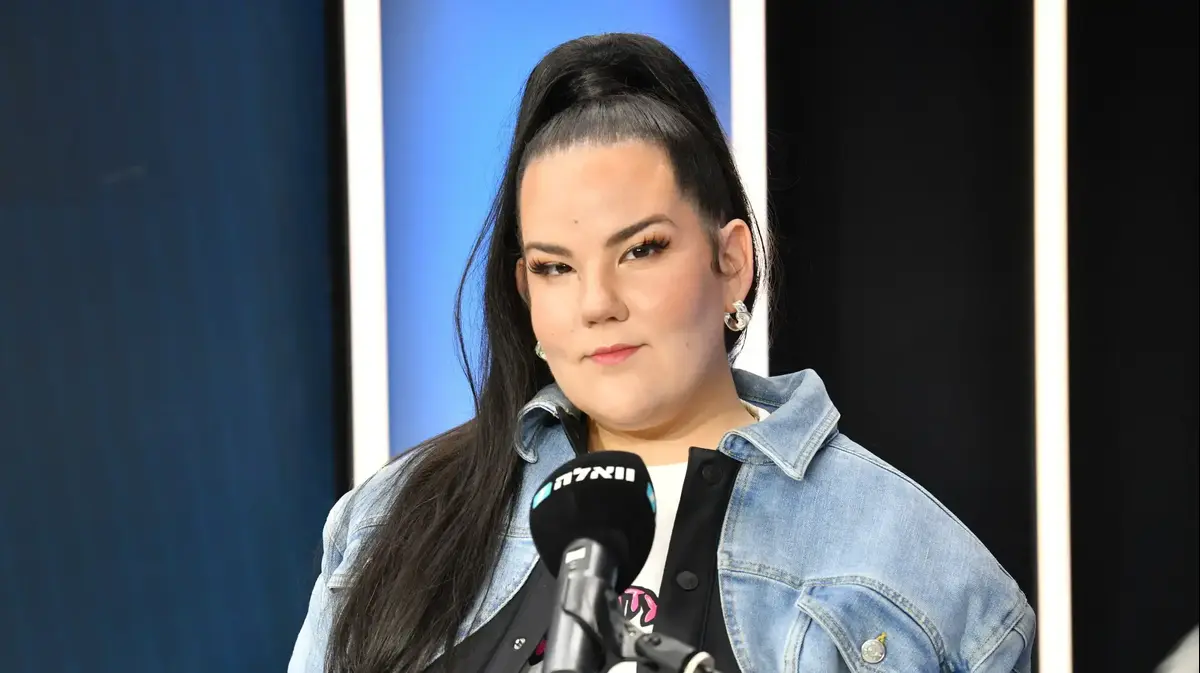
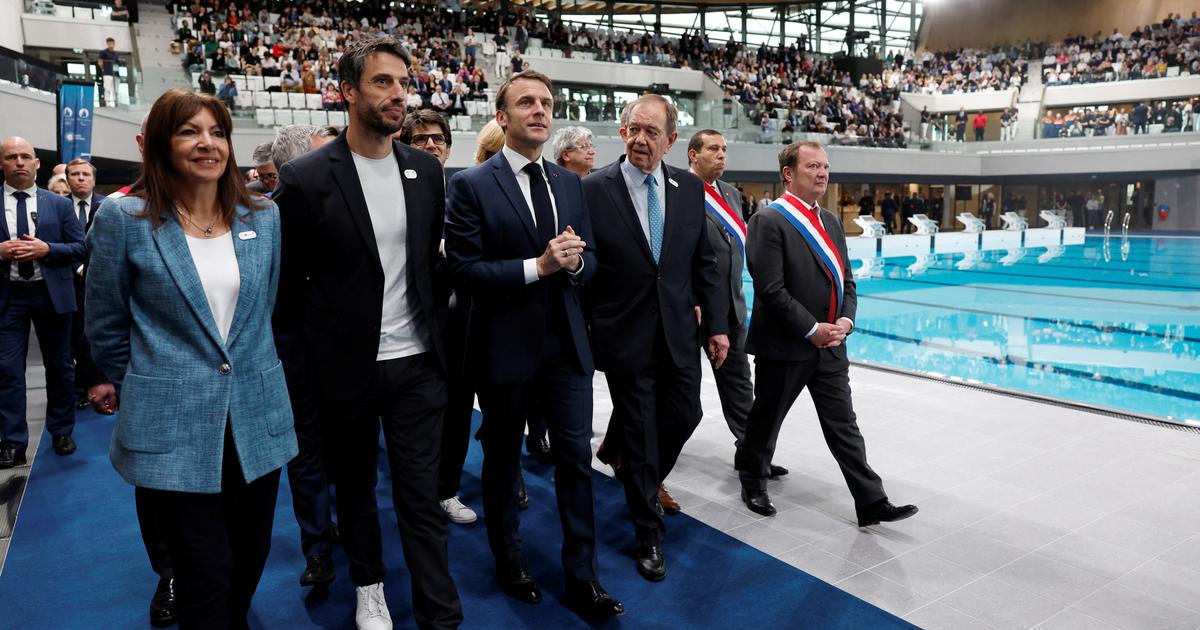
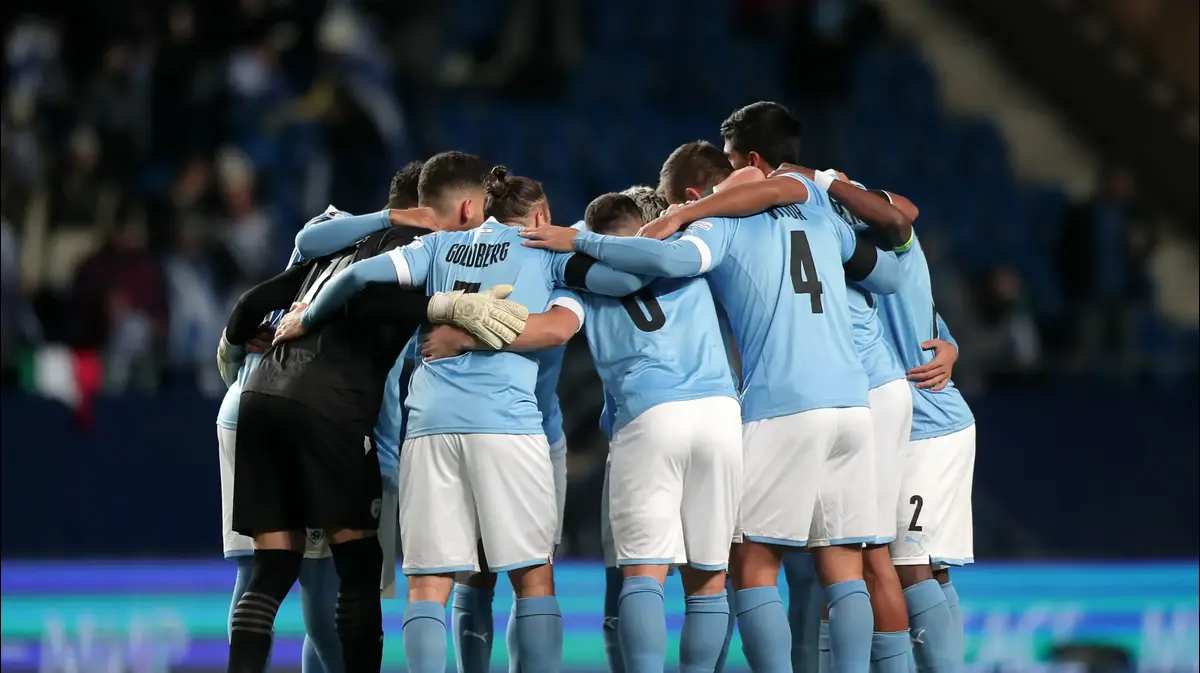
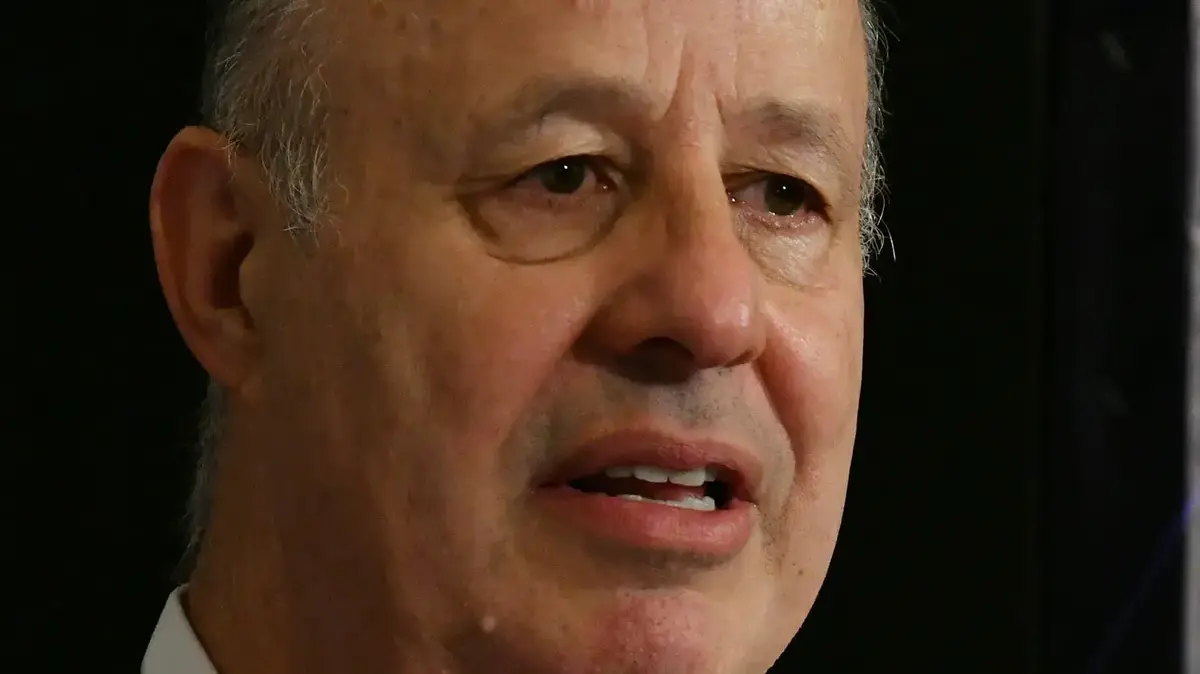
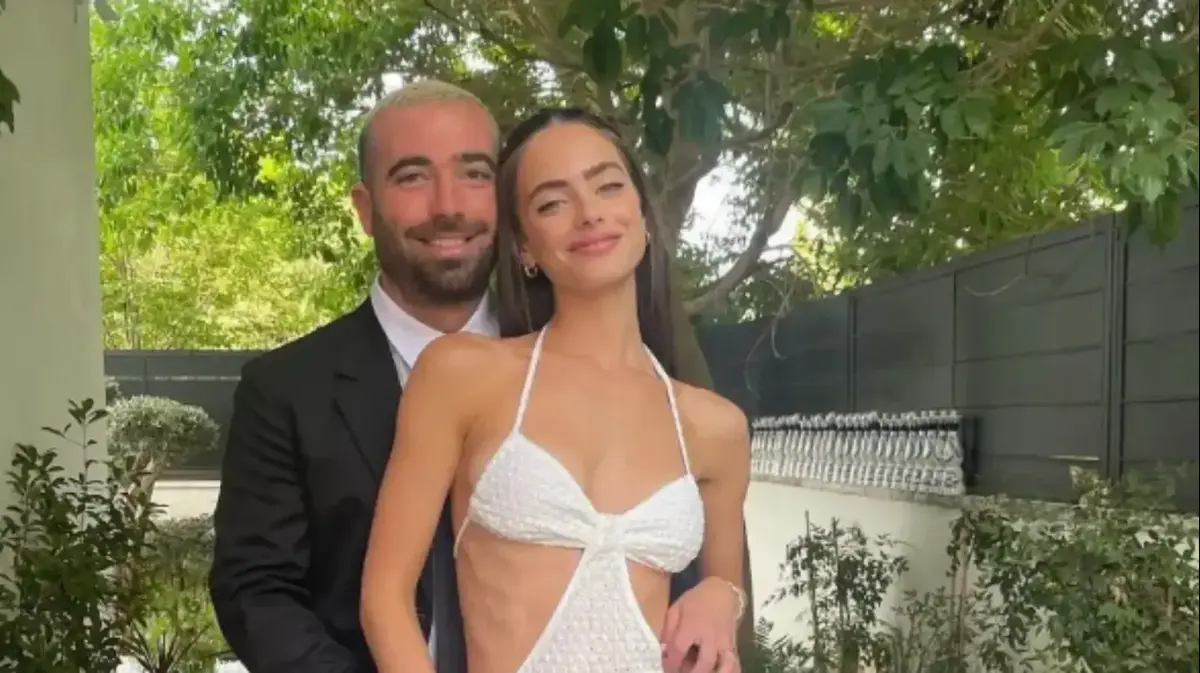
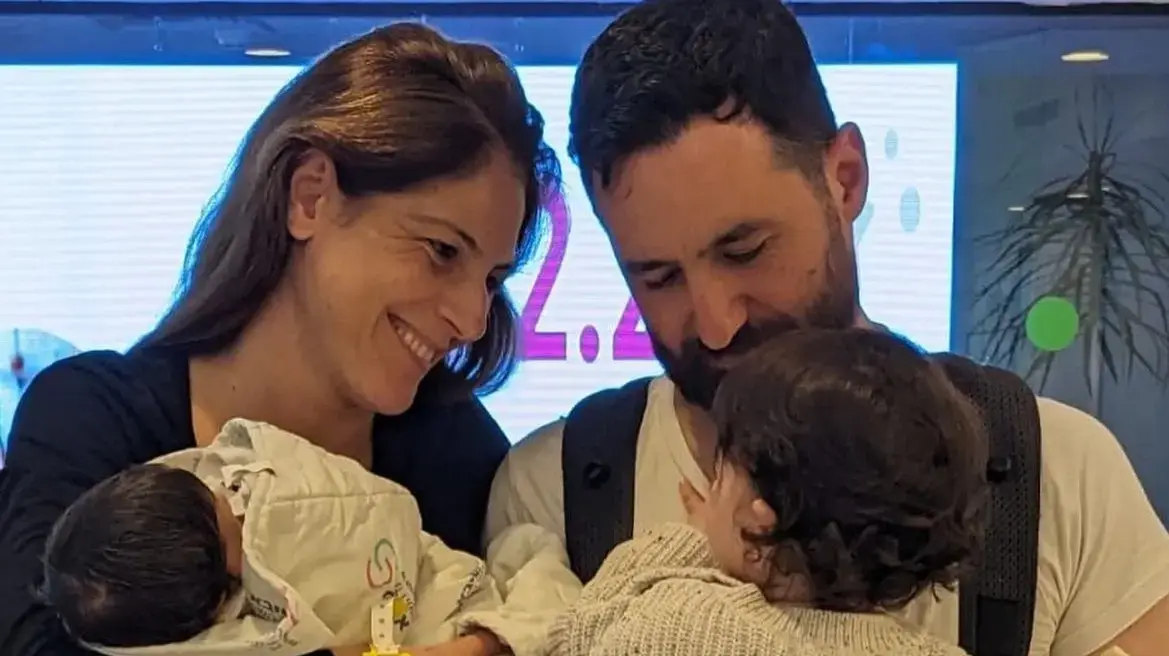



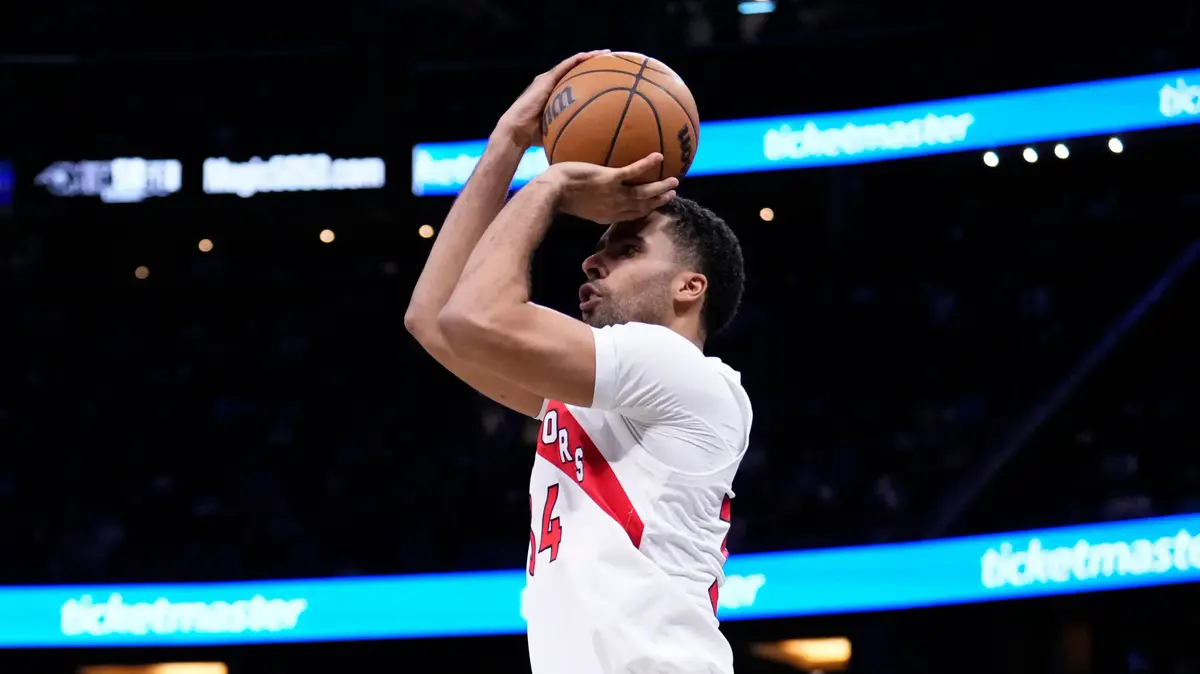
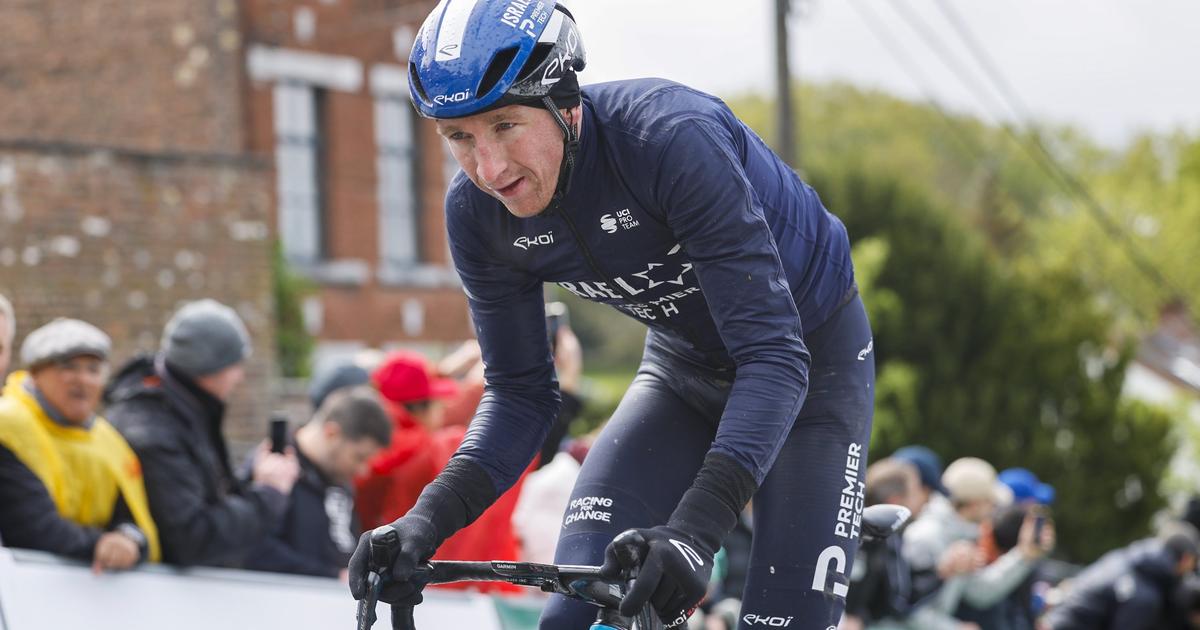
/cloudfront-eu-central-1.images.arcpublishing.com/prisa/RBFQGNGZ3QEU4FY4QMSDJQHSQA.jpg)

/cloudfront-eu-central-1.images.arcpublishing.com/prisa/SIL73HWCGXKSZBZRANYT36EZLI.jpg)